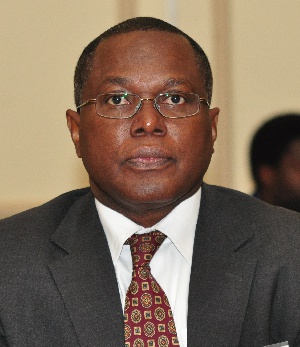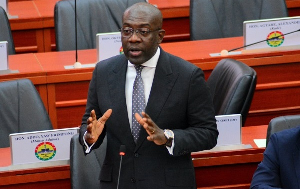In order to make inroads into desired achievements from the proposed long-term National Development Plan, first it is crucial to develop a robust economy to serve as the bedrock for all other policies to bear fruits.
Ghana needs to revolutionise its current economic position which is more import-based to a vibrant export-driven economy to free itself from neocolonialism. This can only be achievable through radical economic policies, very necessary to facilitate industrial transformation so as to change the country’s fortunes.
This was the premise on which almost all speakers at a consultative forum in Sunyani developed their statements. The two-day thought-provoking meeting was the Brong Ahafo Regional forum to solicit inputs for preparation of the long-term National Development Plan. It was attended by representatives of all relevant institutions and identifiable groups.
The participants called for the creation of a congenial business environment for the private sector to flourish. They said the private sector is the lifeblood of developed economies, and therefore it’s important for Ghana to put premium on private sector development.
The speakers emphasised the country’s need to exploit areas with competitive advantage such as agriculture. Mechanised agriculture and vigorous agro-processing, they stated, must be the avenues used to cushion the industrialisation agenda.
Mrs. Cecilia Baffoe-Appiah, a Sunyani-based poultry farmer, in her submission said Ghana in the next 40 years should be self-sufficient in the provision of poultry products.
The poultry industry, she said, has been bogged down by a plethora of challenges: such as alarming cost of feed inputs, importation of cheap products from highly subsidised countries, and efforts must be made to harness potentials in the industry.
For their part, participants from the academic circle, advocated restructuring the country’s education system to produce more skilled and relevant human resources to synchronise with the industrial drive. They said the current educational system has failed to produce the needed personnel to spearhead industrialisation.
The National Development Planning Commission has proposed a 40-year development plan. After both public and technical consultations, the framework must be acceptable to all Ghanaians to best serve the purposes of a long-term development plan without constraining the ability of political parties to fulfil their manifesto promises.
Business News of Wednesday, 21 October 2015
Source: B&FT













